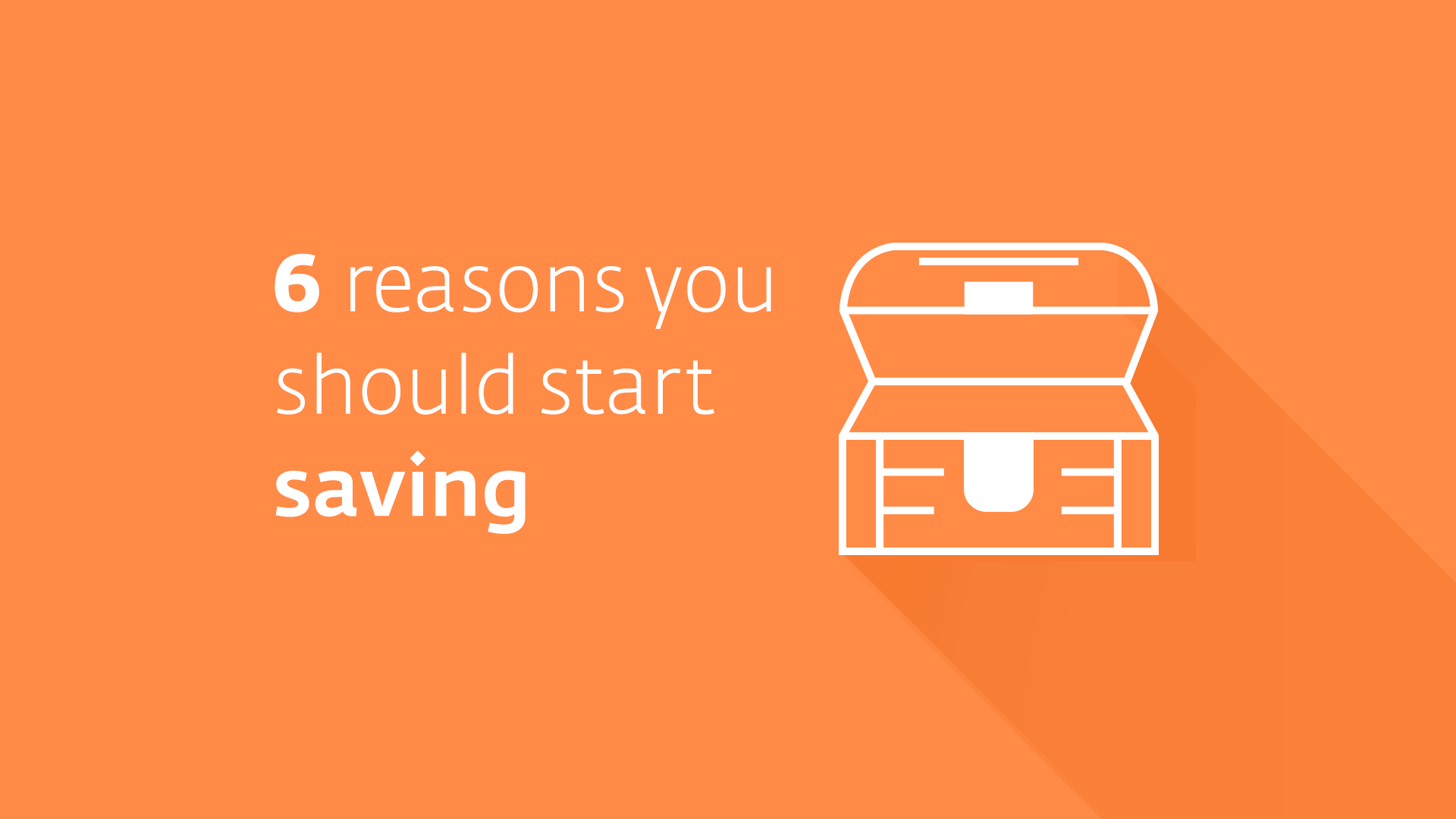Given the amount of responsibilities we have, school fees that we have to pay, groceries, bills amongst many others, we tend to naturally put savings in the backburner.
Why save for later when I can treat myself to a grand night out, buy the latest designer handbag or travel the world? However, as much as we place importance on the present, we need to give equal if not more importance to our future financial situation.
Here are a few reasons why:
Financial Freedom: Calling Your Own Shots.
Having a savings account reduces your dependency on your salary to make major decisions. Unfortunately, for a lot of people, the fact that they leave paycheck-to-paycheck means that they either get stuck in toxic work situations or fail to leverage opportunities that come their way. Having the comfort of your savings allows you to take that holiday, enroll for school, invest or start your business without the worry that all will fall apart when you do so.
Down payments: Buy that Car or House
It is not unusual for people to make the mistake of assuming that they can use loans to fully fund their endeavors only to realize this is not the case when they approach the loan officers. Most mortgage or personal loan products still require a down payment. This would typically come from one’s savings account. They also don’t allow you to borrow the down payment. So if you want that dream bungalow or see yourself cruising down the highway in that car, open that account and start saving.
Debt Repayment: Free yourself
Unlike, the typical assumption, debt is not always a result of recklessness; it could be as a result of unforeseen emergencies and expenses such as hospital expenses, car trouble. The best way to get rid of medium and long-term debt is through savings. This can be a day-to-day effort, where you can save over the month and make monthly aggressive payouts until you are debt free. One way to ensure this happens is making deposits to your account via mobile banking and making debt payments through standing orders to ensure that these happen without fail.
Emergency Funds: Don’t be caught off guard.
Statistics show that no matter how well planned or prepared you may be, half of us experience one unforeseen expense each year. The best way to deal with this is to have a reserve fund where you can access funds that would allow you to sort the situation at hand. In addition to this savings account, some people open a separate fund that has on average 6 months worth of living expenses. This allows one to remain stable in case they unexpectedly lose their source of income.
Passive Income: In your best interest.
Depending on the type of account you have, you typically receive an interest when you maintain a balance in your bank account. Fixed deposit accounts are a low risk investment tool that not only allows you to future proof but also make money as well.
Periodic Expenses: A little goes a long way
There are those expenses that we face either annually or after 6 months, that tend to be overwhelming. You typically are unable to settle them using your monthly salary; unfortunately a lot of people incur debt as a result. Good news is that this can be managed if one has more foresight. As they say in Kiswahili, haba na haba hujaza kibaba, meaning a little a time goes a long way. Having standing order payments going into a sinking fund can allow you to make sure you have the whole amount ready in time and better still, peace of mind.
Starting to save can seem intimidating, the key thing to not is you can start small, you just need discipline and focus and to set up the right tools (accounts, standing orders etc.) to make this happen.





